The Power of the Dollar
It is tempting to believe that our actions or inactions do not matter in the scheme of things. Most of us are not legislators with powerful influence at the local, state or national level. Few of us are independently wealthy to the point of being able to effect change on a grand scale through investment in projects that change lives in immediate ways. Even fewer of us hold the supreme power of heading a multinational corporation.
But, if you step back and view your lifetime through the lens of the buying choices you make, you begin to realize that the way you, and our fellow citizens, “consume” life has a very real impact that taken in its cumulative effect is extremely substantial.
We all consume charitable contributions, food, housing, energy, clothing, health care, transportation, insurance, education, leisure activities, entertainment, technology, communications, retirement plans, and funeral arrangements. Because we live in America we have much more freedom of choice in these categories than the rest of the world’s citizens as well as greater access to information on the options than at any other time in history.
The most recent data available from the United States Bureau of Labor Statistics calculates the average annual expenditures per consumer unit in 2012 was $51,442. Over a lifetime, this annual expenditure represents the largest impact most of us have to wield on effecting real change when it comes to matters of environmental stewardship, climate change, social justice and overall human and planet well-being. I see these as areas in which God desires us to be stewards. These choices represent a very tangible potential for change.
Recognizing purchasing power is the first step.
 The second step requires more intentional effort. Making smart stewardship choices with our spending patterns is an iterative, moving target and requires an ear to the ground and a focus on educating yourself day by day. For instance, the devastation of our fish populations ebbs and flows in different species depending on many factors. How can you make good decisions when consuming seafood so that you make choices for healthy oceans?
The second step requires more intentional effort. Making smart stewardship choices with our spending patterns is an iterative, moving target and requires an ear to the ground and a focus on educating yourself day by day. For instance, the devastation of our fish populations ebbs and flows in different species depending on many factors. How can you make good decisions when consuming seafood so that you make choices for healthy oceans?
Yesterday’s good option might be something to avoid today. Seafood Watch is a website and free mobile app I like to provide scientific, point of sale relevant, information on the current state of fish populations. Also, purchasing fish certified by the Marine Stewardship Council (MSC) will help ensure good choices.
Some grocery stores offer help on making food purchase choices by labeling products as organic and/or locally produced. One grocery store in Winston-Salem provides helpful grading on its meat products so that you can avoid purchasing and eating meat produced in the unhealthy and inhumane environment of a confined animal feeding operation.
Most of the average 200 pounds per person of meat that is consumed annually in America is produced in these industrial food factories. Using the five-step Animal Welfare System rating scheme, you can avoid patronizing and eating from meat factories. Information on this system can be found at this website.
If your favorite grocery store doesn’t use this system, provide this information to the store manager and ask that it be implemented, thus furthering the influence of your spending power.
Green America, is a non-profit whose stated mission is “to harness economic power – the strength of consumers, investors, businesses, and the marketplace – to create a socially just and environmentally sustainable society.” Their website provides information on most categories of consumer spending and vendor suggestions. These are but a few ideas to begin the ongoing process of making the best choices of how to spend what God has provided.
Remember also that supporting Home Church with your donations directly furthers the Kingdom of God and is the first act of stewardship. When you pull out your wallet or your credit card, think of it as a scalpel and try to do as much good as possible.
Matthew 25:21 And he who had received the five talents came forward, bringing five talents more, saying, “Master, you delivered to me five talents; here I have made five talents more.” His master said to him, “Well done, good and faithful servant. You have been faithful over a little; I will set you over much. Enter into the joy of your master.”
—Submitted by Helen Bushnell Beets for Earth Stewards Team, April 2014
